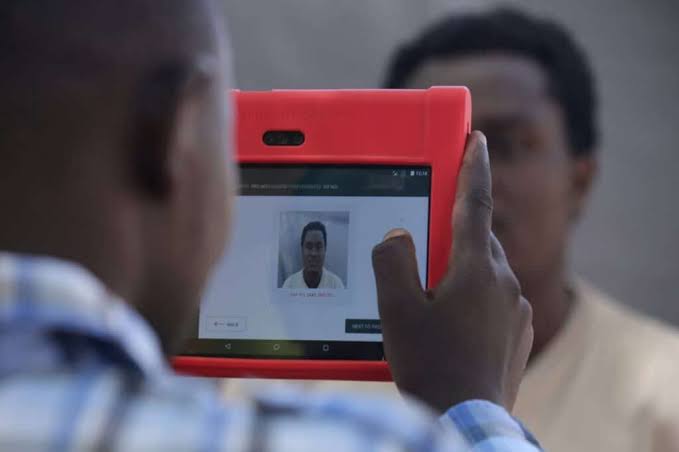The Kenyan government has set aside KSh 1 billion for Maisha Cards, or Unique Personal Identifiers (UPIs). The country’s identity system will change because these digital IDs will replace real ID cards.
The Chief Secretary for Immigration, Julius Bitok, said that all young Kenyans will get Maisha Cards. The UPI will be used for schooling, paying taxes to the Kenya Revenue Authority (KRA), and getting numbers for death certificates.
Bitok said, “We are following the president’s order to make a digital ID available within 90 days. A Maisha Number will be given to every child born in Kenya. For the KRA PIN, it will be the number on the birth certificate, which is used as an ID for work. At 18, you will also get a digital ID.
Read also: Nigerians can now use ATM cards as IDs
This is a change from second-generation to third-generation IDs, with digital access being a key trait. People can carry a physical copy of their Maisha Card or store a digital copy on their smart devices.
The official start of the UPI is set for September 29. President Dr William Ruto is supposed to lead the event. These digital IDs promise many benefits, such as more accurate birth and death registrations, better access to e-citizen government services, streamlined Know Your Customer (KYC) processes for financial institutions, better tax collection, and more accurate government records.
Kenyans’ Maisha Card reactions
The collecting and storing of personal data by digital IDs has raised privacy and security issues. Kenya is building a comprehensive policy framework to regulate and support digital identities. This framework governs personal data collection, storage, use, and sharing to protect privacy and security.
The Data Protection Act 2019 requires DPIAs before the digital ID programme launches. DPIAs help identify and mitigate privacy and security issues associated with specific data processing operations, making the Maisha Cards transition fast and secure.
Nigerian Digital Bank Stellas unveils with Ghost Mode to Fix Fintech Identity Fraud Loophole
Why more countries need to use UPI
In a time when identity theft and scams are common, UPIs provide a safe way to identify yourself that can be checked. These digital identifiers also make it possible for people to use online government services, which makes e-government and digital services more accessible and more efficient.
For different reasons, each country has its method for identifying people. Countries like Nigeria have national ID cards. In the US, SSNs are essential for paying taxes and getting social benefits. National Insurance Numbers (NINs) are used in the UK to keep track of social payments. In Canada, SINs are used for tax and government perks.
Still, on this topic, India uses Aadhaar numbers, which are 12-digit codes linked to biometric and personal information, for a lot of different services. Personnummers are used to identify people and get services in Sweden. For tax reporting, Australia gives out TFNs. In Germany, the Personalausweisnummer is used for government work.
Singapore also uses NRIC numbers to prove who they are and get into government buildings.
UPI simplify complicated tasks like applying for permits and licences, saving time for people and government workers. The fact that UPIs are digital means that data analytics can be used to help make policy choices and improve service delivery.
UPIs support global sustainable development goals in identity, financial inclusion, and public service delivery. However, successful deployment requires careful planning and privacy and security considerations. Respecting individual rights and inclusivity are crucial. Before starting a transformative digital journey, each country must assess its readiness.




